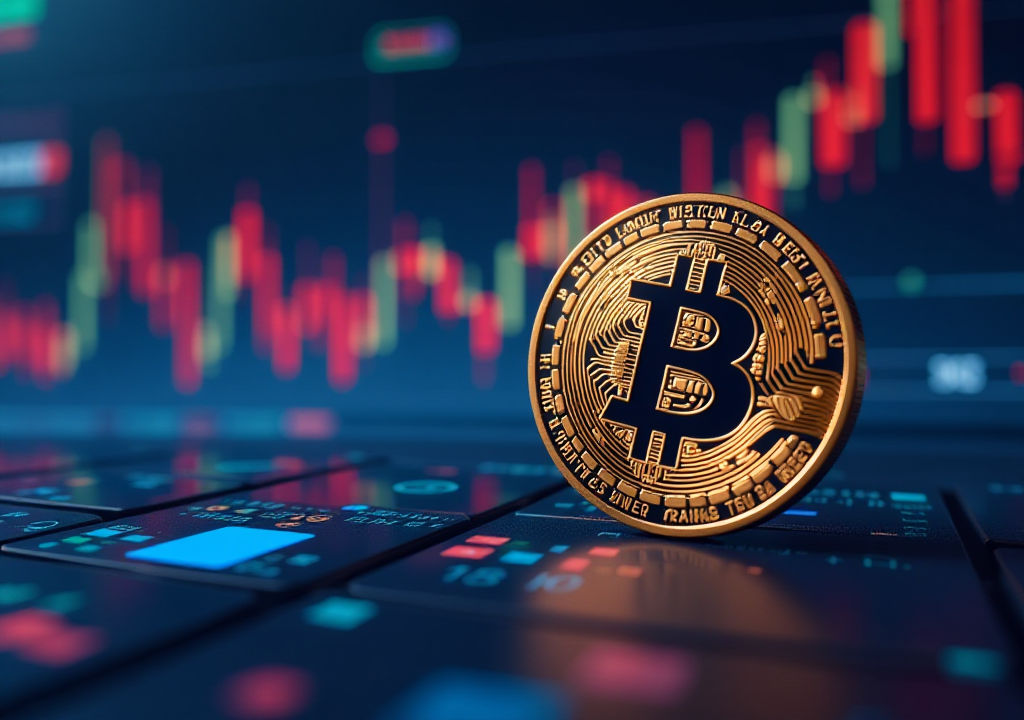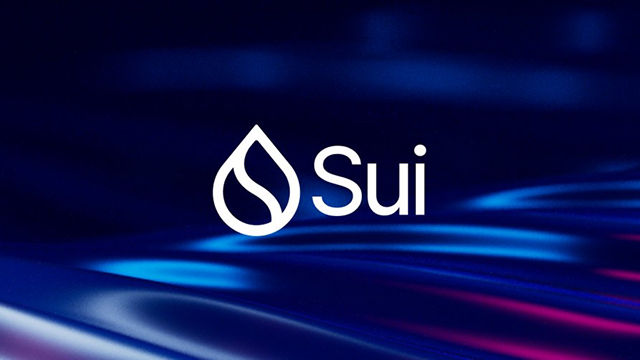The IBIT ETF is breaking records as investors pile money into it this year. It has become one of the biggest ETFs globally, and its trend is gaining momentum. This article explains why I’d avoid the iShares Bitcoin ETF and identifies the best Bitcoin ETF to buy.
iShares Bitcoin Trust is Firing on all Cylinders
The IBIT ETF has experienced cumulative inflows of over $54 billion since its inception in January 2022. It now holds over $86 billion in assets, and is slowly closing the gap with the SPDR Gold Shares ETF (GLD), which was started over 21 years.
As you can see on the iShares official website, the fund has become the eighth-biggest Bitcoin ETF. And because of its 0.25% expense ratio, it has now become the company’s most profitable fund. It also accounts for over 56% of all assets in Bitcoin funds.
READ MORE: CFX Price Prediction: Here’s Why Conflux Crypto Formed a God Candle
While the IBIT ETF is a good Bitcoin fund, it has one key limitation that makes it less ideal for investors. It has an expense ratio of 0.25%, meaning that a $100,000 investment will incur at least $250 in annual expenses. Assuming it remains intact, the amount will be $2,500 in a decade, which is substantial.
As such, most people will do much better investing in Bitcoin and storing it in a cold wallet. An investor who buys Bitcoin on Coinbase is no different from one who invested in IBIT since they share the same company.
Why GBTC is Better than the IBIT ETF
If you are interested in a Bitcoin ETF, the best option to consider is the Grayscale Bitcoin Trust, whose ticker symbol is GBTC. This fund, which has $5.3 billion in assets, is the sister to the highly expensive Grayscale Bitcoin Trust that has $21 billion in assets and an expense ratio of 1.50%.
The BTC ETF has the lowest expense ratio at 0.15%, meaning that a $100,000 investment incurs approximately $150 in annual costs. That is $100 less than what the IBIT ETF charges, which is notable since the two have the same custodian.
MorningStar recently shared the same thoughts when comparing the Vanguard S&P 500 (VOO) and the SPDR S&P 500 ETF. They wrote:
“When it comes to fees, VOO charges 0.03%, while SPY charges 0.0945%. The difference may be minimal, but there’s no reason to leave cash on the table. With all else equal, the fund with the lower fee is more aligned with investors’ best interests.”
The same is true with IBIT and other ETFs, including the Grayscale Mini Bitcoin ETF. In this case, BTC is more aligned with investors’ interests because it has lower costs.
READ MORE: ZBCN Price Forms Engulfing as Zebec Network Growth Continues












